Divergent Views: Anime Characters on the Edge, From Geto to Eren Yaeger
Embark on a journey into the minds of characters who redefine justice in our latest blog. From Geto's cursed justice to Eren Yaeger's transformation, explore the complexities of divergent views and drastic actions. Delve into the moral ambiguity, consequences, and narratives that challenge societal norms. 🌐🔍 #DivergentViews #ExtremeJustice #CharacterAnalysis
MOVIE REFLECTION
12/9/20238 min read
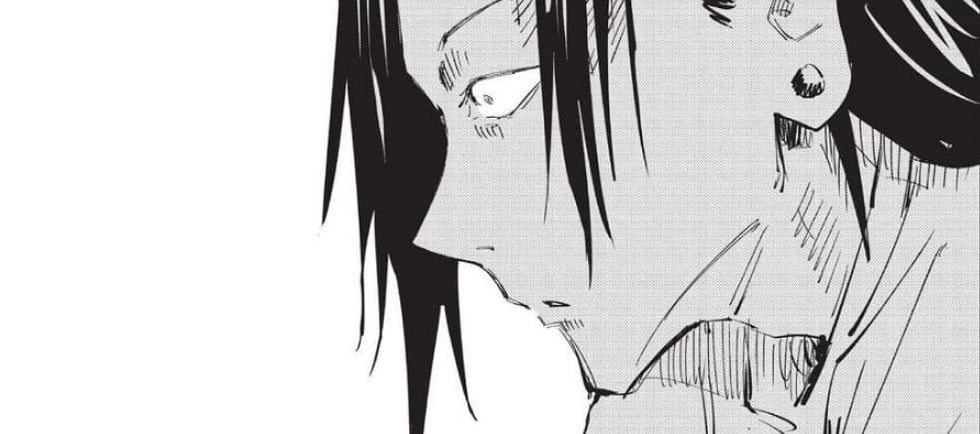

In the evolving world of storytelling, certain characters with their refreshing yet out-of-standard, diversity views of the world, stand out for their radically different perspectives on the world. Driven by a fervent belief in correcting perceived wrongs, they embark on extreme paths that challenge societal norms and blur the line between heroism and villainy. Join us as we delve into the complex minds of characters like Geto from Jujutsu Kaisen, Thanos, Arthur Fleck (Joker), Light Yagami, Ozymandias, Rorschach, and Eren Yeager.
Suguru Geto from Jujutsu Kaisen: Unleashing Cursed Justice
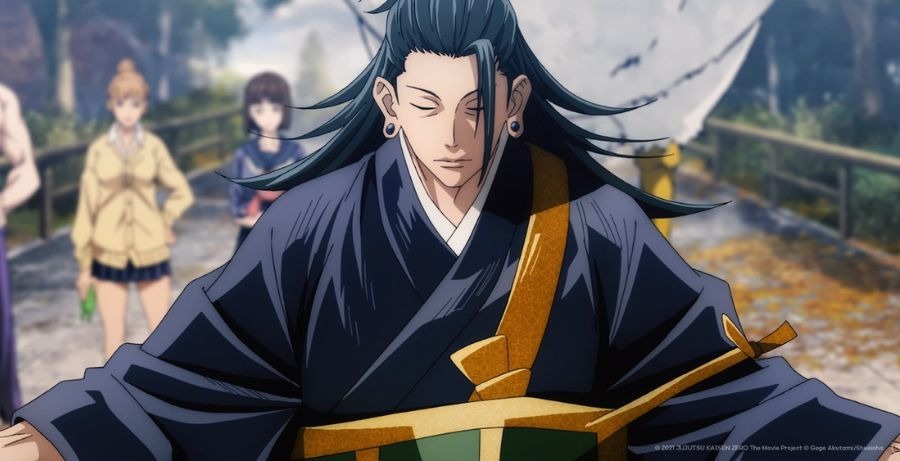

In the world of Jujutsu Kaisen, Suguru Geto represents a character whose disillusionment with the existing order leads him to embrace dark, cursed energies.
His belief in a warped sense of justice, where curses are seen as a means to correct the flaws of the world, drives him to extreme actions. Additionally, his radicality stems from the craziness the people of world and how they showcases their selfishness in front of Suguru Geto.
Geto's radical departure from conventional morality adds a layer of moral ambiguity to the narrative, questioning the very nature of good and evil.
In a sense, I can relate so much to Geto. But, don't be surprised if the list I have come up are the ones that I relate to the most among the villains in pop culture.
Thanos: The Mad Titan's Quest for Balance
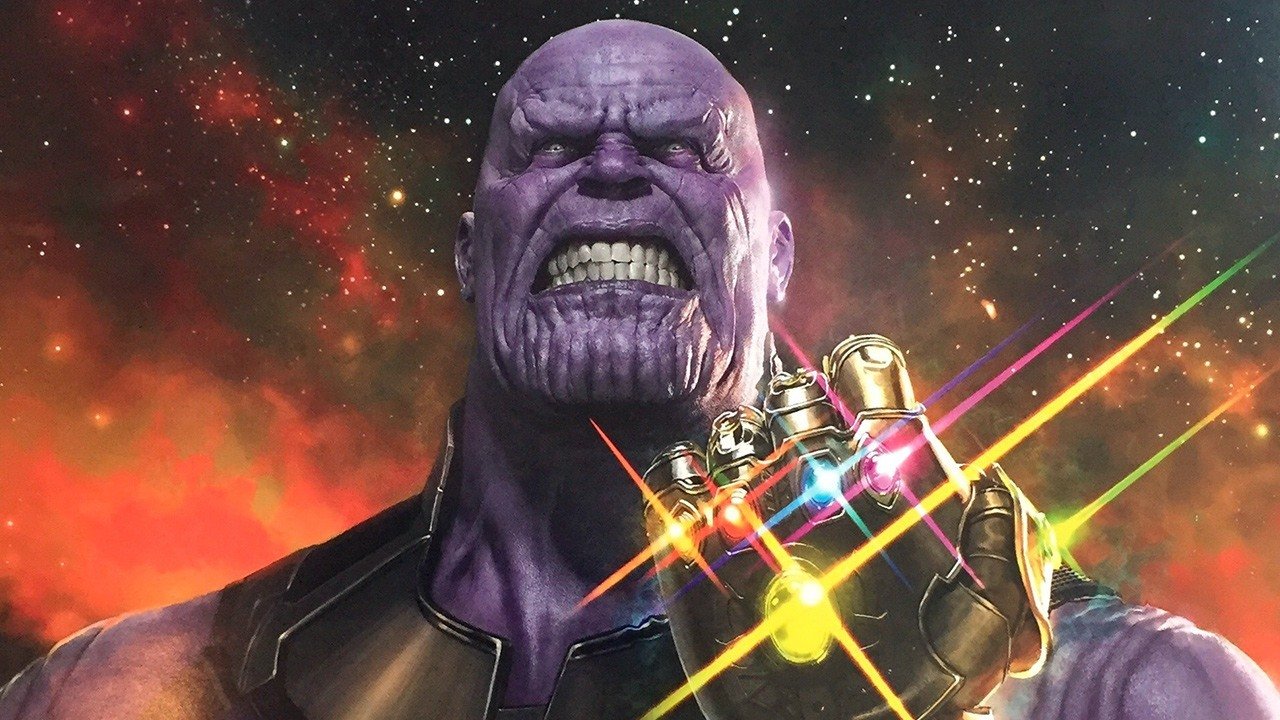

Thanos, the Mad Titan of the Marvel Universe, stands as a formidable example of a character driven by a vision of cosmic balance. His extreme solution to overpopulation, wiping out half of all life, is fueled by a twisted sense of pragmatism.
Thanos believes that such drastic measures are necessary to prevent resource depletion and restore equilibrium.
His conviction in the righteousness of his actions adds complexity to his character, making him more than a conventional antagonist.
As a character on the edge myself and witnessing how the state of this world is so depraved, that people do not put in even the most minimal effort to understand where the other is coming from, save those who truly understand what human emotional pain is, few in numbers they may be.
I may have a really crazy mind for I view Thanos' actions (in the Avengers film) to be the strong and a necessary force, but is someone who is in deep emotional and mental pain for he had to bear the lives of half of the population of the universe, with the worst part of taking on something no one else have thought of, or even dare to.
Now, it may not be immediately understood why anyone would sympathize with Thanos' idea of purging billions to save billions of lives. There might be some. However, as I grow older, I understand the pain of witnessing the homeless with nothing to eat, well, partly may be due to their lack of effort (minimally?); but, in most cases, it is due to the negative tendencies of people to not give out a helping hand.
This reality in itself can provide the Mad Titan an answer to tackle the gruesomeness of this reality. No, not something that will take them for a turn that allows the individual to flourish; but, a swift exit. An exit without the need to re-experience the shackles of the memories that bound them to their past. It is an exist that most long for - death.
As Peter Kreeft said, dying is scary, death is bliss - or something along those lines.
These are the kinds of people who may be, according to the difficult and embedded objective morality in our brains, that need more understanding - at least according to, which I may regrettably acknowledge, my own lofty ideals which I am not able to follow through due to lack of drive and the inconsistencies of my principles or the lack of care or all of the above.
Arthur Fleck (Joker): A Descent into Chaos
Arthur Fleck, portrayed in the movie Joker, embodies the societal outcast who, disillusioned by a world indifferent to his struggles, descends into madness.
His extreme actions stem from a desire to be seen, heard, and acknowledged in a society that has marginalized him - as what most would say. However, looking deeper into it, it's not merely about the desire to be seen or heard or acknowledged. No, it's about to be treated fairly and be seen as a person with dignity.
There's a difference to bullying with the intent of showing power versus bullying with the intention of seeing someone to be lesser than oneself. One may and can experience the other type of bullying. Arthur Fleck experienced both. Those in power exercised their power onto him with the intention of subduing him. Those of the same status as his but saw him as someone lower than them.
The actions the Joker did wasn't because he had in himself a black, stony heart with an evil mind. No, it was the fruit borne out of the indifference of his community towards the poor and marginalized. It was for his survival.
The Joker's chaotic rebellion against societal norms challenges the audience to reflect on the consequences of neglect and societal apathy.
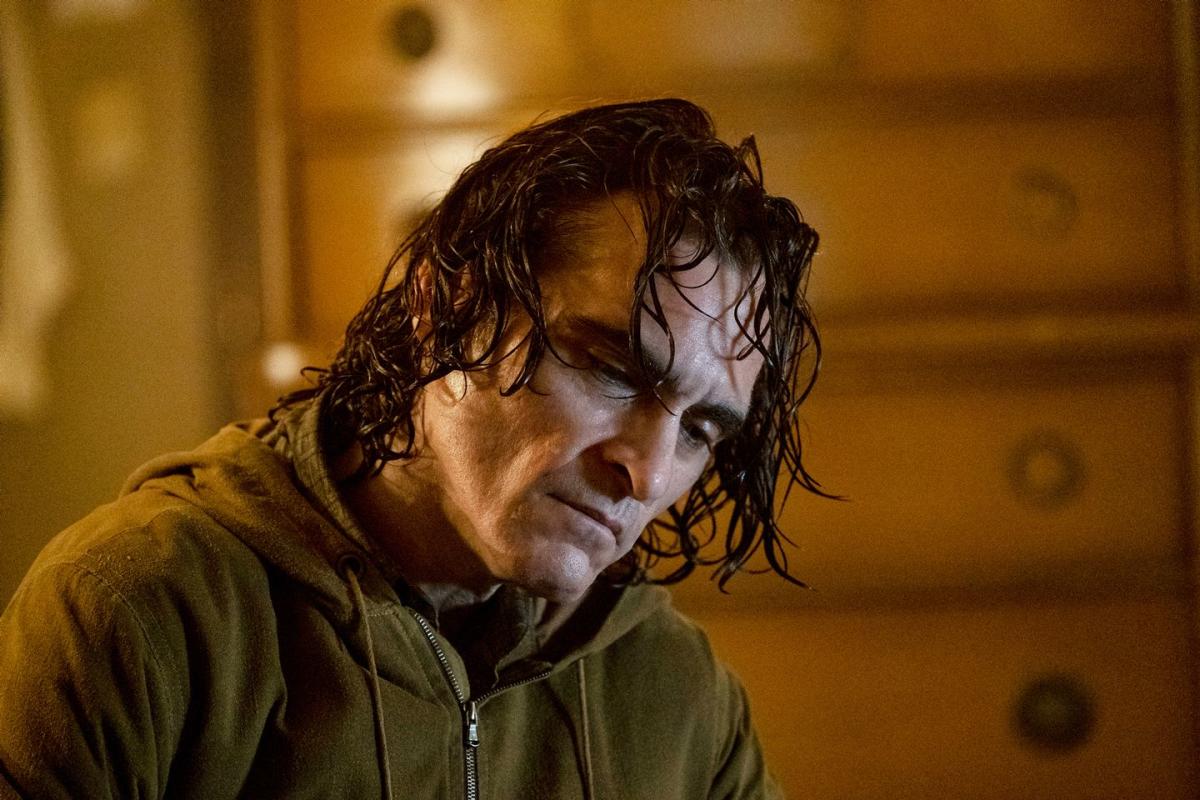

Light Yagami (Death Note): Pursuit of a New World Order
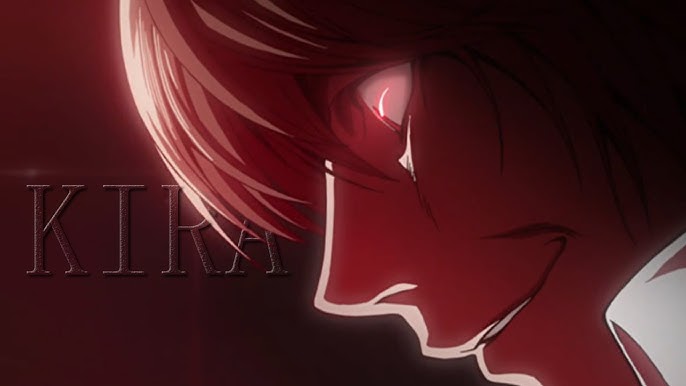

Light Yagami, the protagonist of Death Note, is a high school student who discovers a mysterious notebook with the power to kill anyone whose name is written in it.
Driven by a desire to rid the world of criminals and create a utopia, Light's actions escalate into a pursuit of a new world order.
His belief in the necessity of extreme measures for the greater good blurs the line between hero and villain.
Initially, I was all for Light's ideals. It was the best. The vigilante looking after the welfare of the common people. However, it's really true when people say power corrupts and that's what happened to Yagami Light.
Ozymandias (Watchmen): Sacrifices for a 'Greater Good'
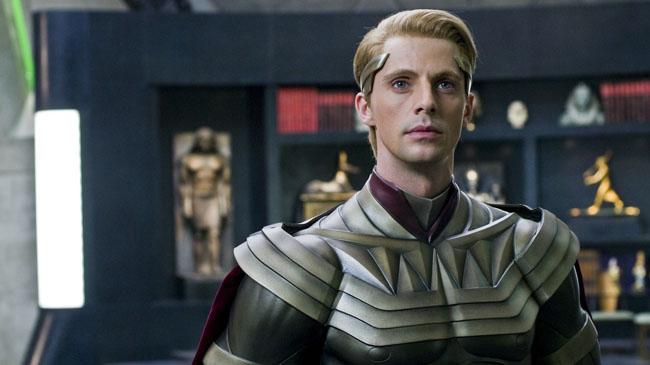

Adrian Veidt, also known as Ozymandias, from Watchmen, is a character who believes in sacrificing the few for the sake of the many.
His extreme actions, which involve orchestrating a catastrophic event to avert a potential world war, challenge conventional notions of morality and raise ethical questions about the lengths one can go to achieve a perceived greater good.
Now, if we'll take a look closely at his character, and let's just base it from the movie, and his way of thinking of sacrificing millions to save billions is the same as that of Thanos, The Mad Titan. Yes, that very same one.
Ozymandias, or Adrian, seemed disconnected, as he's always thinking about something. Now, none realized that the something he was thinking about was how to stop a possibly catastrophic war from escalating into a real war.
Veidt was ready to sacrifice many and lose many for the sake of achieving his dream and his desire to save many more than many.
He steeled himself, both mind and heart, to do what he has to do. He lost his 'darling' pet, and for sure it broke his heart. But, he didn't lose sight of what he aims to achieve.
Ultimately, he stopped the war from realizing. He sacrificed his friends, people he knew, even painted a close friend as an enemy, as the enemy. But, he had to do it and in doing so saved billions of lives.
Deep down he can be painted as someone who cared at the expense of his sanity and the lives of some others.
Rorschach (Watchmen): Unyielding Moral Code
In the same graphic novel, Rorschach, with his unyielding moral code, presents a stark contrast to Ozymandias. His extreme views on justice and uncompromising stance against compromise lead him to take extreme actions.
Rorschach's character explores the consequences of rigid moral absolutism and the clash between personal principles and societal norms.
Now, this one's a more complex character. The rigidity of his morality is not out of his ego, or a deep hidden desire to be on top of others in terms of being morally upright.
Rorschach's rigid morality that sees black and white and nothing in between stems from the desire to protect every good doer from the bad ones.
But, this comes at a cost. As many may already know, Rorschach does not see the chaotic beauty that may come out of Veidt's plan. He only sees the murder of a million people. He lives in the present, which in itself is actually a good thing. Putting this against he possibility of losing all human lives versus losing some, is something that Rorschach fails and will always fail to understand, due to the rigidity of his moral code.
Eren Yeager (Attack on Titan): A Titan's Revolution
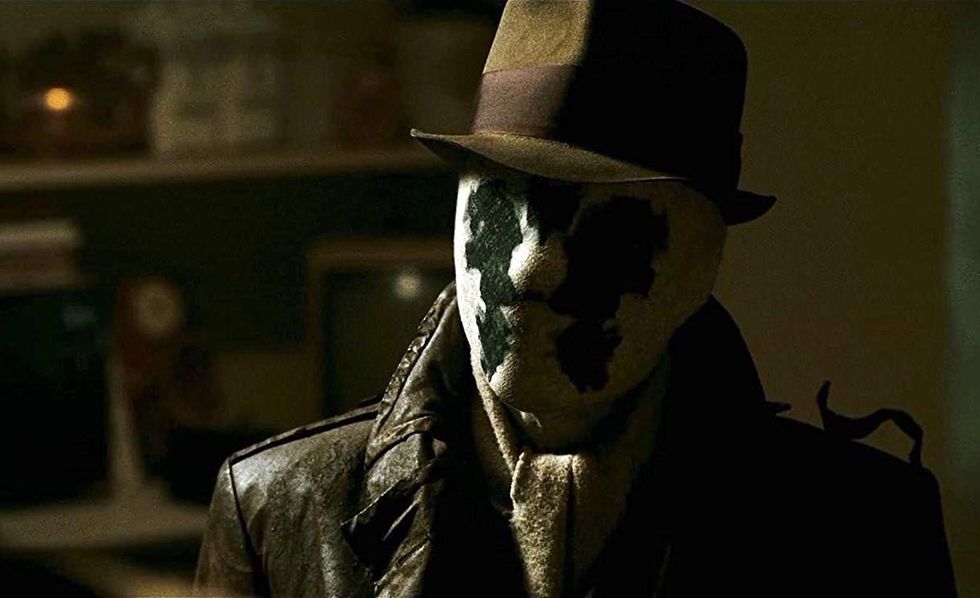

As the protagonist of Attack on Titan, Eren Yeager undergoes a transformation from a character seeking freedom to one who becomes a symbol of radical change.
Eren's extreme actions challenge the established order and reflect his belief that drastic measures are necessary to break free from the oppression faced by his people.
However, Eren was no just adjust focused on his people; yes, on the outside, it's about that, primarily really. Deep down, though, it becomes a different story.
Eren was prepared to give himself up as the sacrifice. What am I even talking about? Take a look at Veidt and Thanos, they were prepared to sacrifice many for the sake making others live.
Eren's morality, over the course of the anime, became like those of Veidt and Thanos. Eren took the lives of many people to set his people free - at least, again, on the surface, that's what we see. However, in effect of taking the lives of other people, he had the ultimate plan of reconciling his people with those whom they hate most.
But, how will he succeed in reconciling a feud that has started for over thousand and thousands of years before? He made himself the common enemy for both peoples to unite.
Yes, in the process of making himself the common villain, he killed and sacrificed many lives for the sake of developing a peaceful era where two different races can live in harmony.
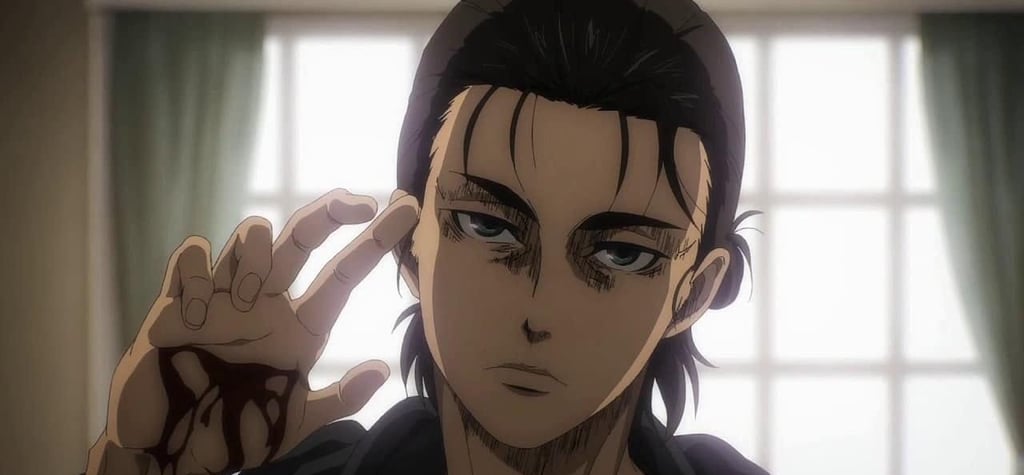

Impact on Narrative Dynamics
These characters, like the ones mentioned earlier, share common threads of challenging societal norms, seeking justice through extreme means, and driving narratives that explore the consequences of divergent views.
Their stories often delve into moral ambiguity, the consequences of radical actions, and the complexities of navigating a world they perceive as flawed.
Now, for most of them they were prepared and steeled themselves for the possible consequences it may incur on them, even if it means enduring a sadness or the absence of love that lasts a thousand years.
Check out my other writings, or photos & pictures or be home.